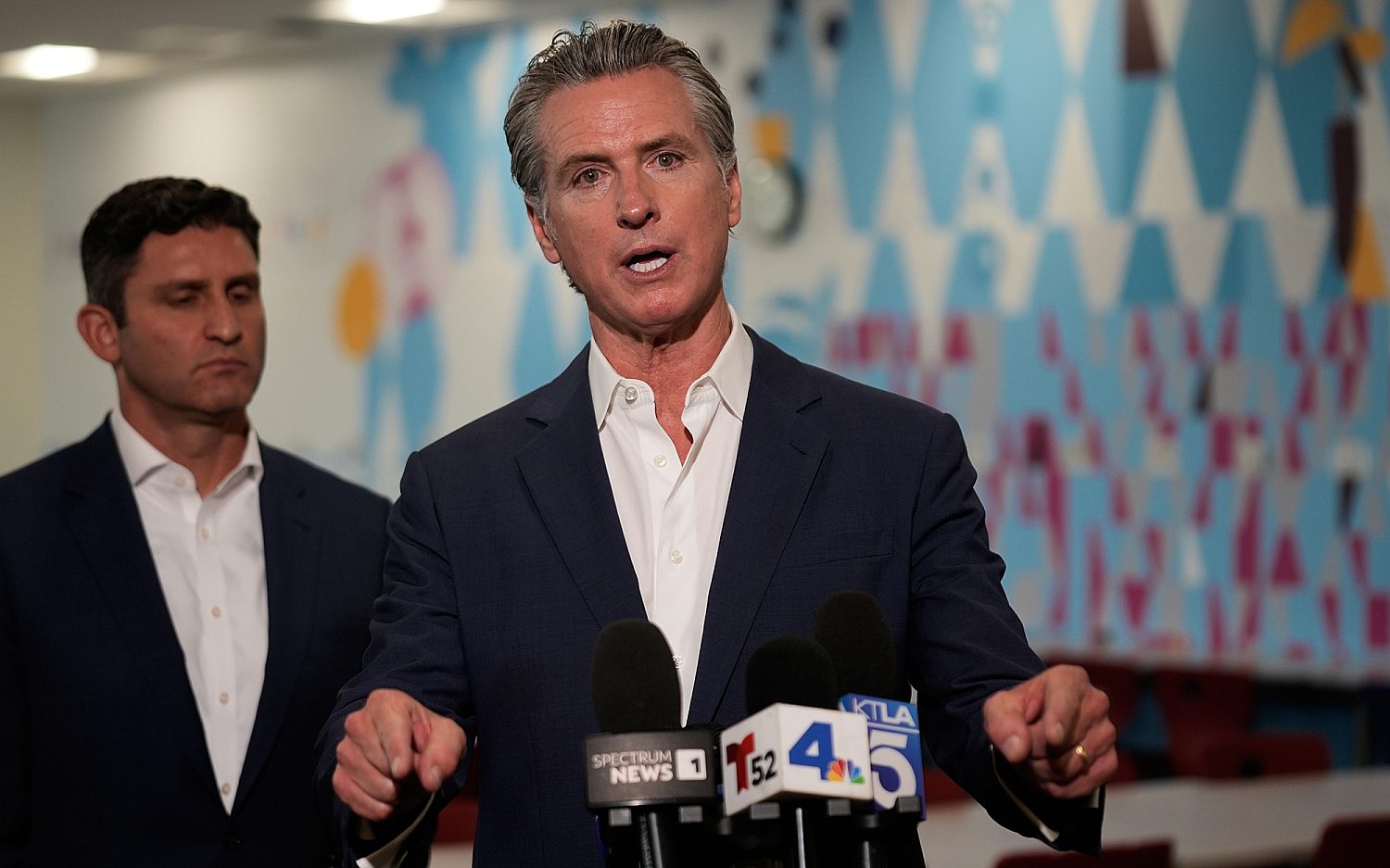Separation of church and football?
The atheist Freedom From Religion Foundation (FRFF) has complained to Clemson University that its football coach “is entangled with religion” in violation of the separation of church and state.
Dabo Swinney has coached the Clemson Tigers since 2008, when he told reporters his secret to success was to “put your eyes on the Lord in everything you do.” His Tigers won the Orange Bowl in January, leading to his new eight-year contract worth more than $27 million.
FRFF complains that the team attended a Fellowship of Christian Athletes (FCA) breakfast where three players spoke, Swinney organized privately funded buses to take the team to church, and the coach scheduled team devotionals. In 2012, Swinney facilitated a baptism during practice for former wide receiver DeAndre Hopkins. The foundation demands Clemson terminate its relationship with chaplain James Trapp, a former Clemson player. FFRF contends Trapp is a paid state employee using university resources for proselytizing. But Trapp is the Clemson director of FCA, not a university employee, according to The State. His official football title is “Volunteer Team Advisor.”
The inaccuracy doesn’t change FFRF’s root argument, though. By giving Trapp access to players, Swinney creates “preference for religion over non-religion, alienates those players who don’t believe as he does, and creates a culture of religious coercion within the university’s football program,” the complaint states. Players might feel their scholarships or playing time would be at risk if they don’t share the coach’s beliefs, FFRF attorney Patrick Elliott told The Greenville News. Players can pray and have Bible studies, Elliott said, but coaches “should not be doing that with their student athletes.”
Clemson administrators have stood up for Swinney so far. In a written statement, the university said it would evaluate the complaint, but “we believe FFRF is mistaken in its assessment.” Players may voluntarily participate in religious activities with no repercussions, the statement read, and Clemson hasn’t heard of athletes complaining or feeling coerced.
“The Supreme Court has expressly upheld the right of public bodies to employ chaplains and has noted that the use of prayer is not in conflict with the principles of disestablishment and religious freedom,” the statement says.
FFRF took on Appalachian State University (ASU) in 2012 because then-coach Jerry Moore led Bible studies and prayer for the football team. FFRF cited an ASU response agreeing the actions were potentially coercive and had “no legitimate place in the university’s athletic programs.”
Moore left the program at the end of that season, but it’s unclear what has changed. A November report from BillyGraham.org described Moore’s return to the locker room to share his testimony. The article depicts a Christian atmosphere with a chaplain, literature distribution, and player-led Bible studies.
An actual newsletter worth subscribing to instead of just a collection of links. —Adam
Sign up to receive The Sift email newsletter each weekday morning for the latest headlines from WORLD’s breaking news team.




Please wait while we load the latest comments...
Comments
Please register, subscribe, or log in to comment on this article.